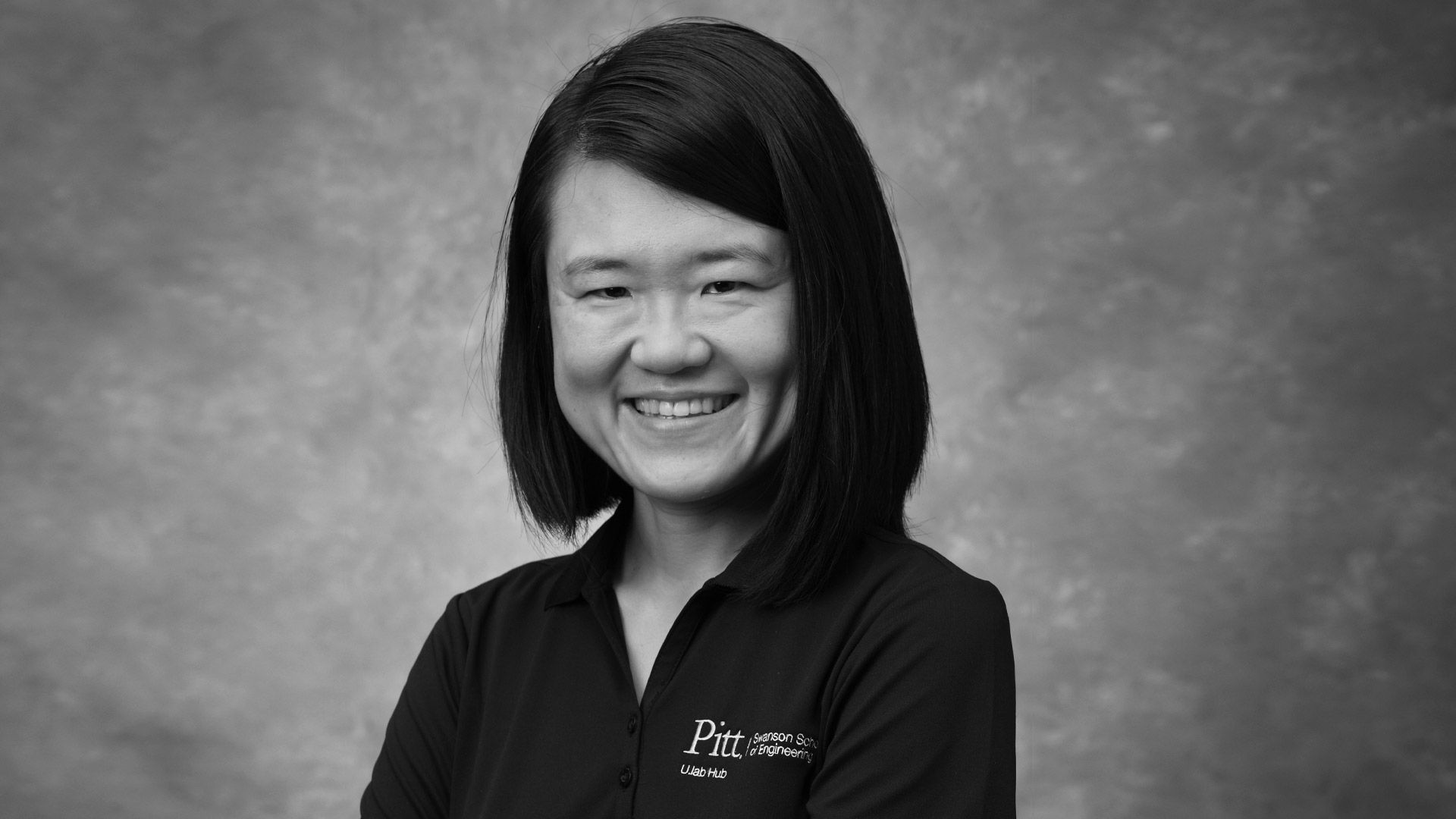
Adaptive Space: Safe and Courageous Space for Change by Gemma Jiang, PhD.
The only constant in life is change. Leadership is about influencing the direction of change. A central leadership question becomes: How might organizations hold space to enable change toward a desirable direction? Adaptive space, in its broadest sense, stands for safe, courageous, and intentional social spaces to influence change.
The term "adaptive space" comes from complexity leadership theory. In this context, adaptive space represents the third harmonizing force (enabling leadership) that mediates between the tendency to change and innovate (entrepreneurial leadership) and the tendency to stabilize and standardize (administrative leadership). We can find traces of adaptive spaces in many other conceptual frameworks. The concept of "adaptive space" can be applied to negotiate between "exploitation" and "exploration" in the ambidextrous organizations framework. It can also be seen as the "second horizon" connecting the first horizon of business as usual and the "third horizon" of future visions and values. Additionally, it can be interpreted as "adjacent possibilities" in the iterative attraction to the future, a more emergent view toward change in complexity science.
In this DD session, we will explore:
- The many faces of adaptive space, both conceptually and experientially
- Adaptive space as a commitment to the light side of both change and stability by coupling the conscious leadership framework and Daoist philosophy
- Some practical tools to honor this commitment, such as the drama triangle
Two related posts as reference: Adaptive Space and Yin/Yang and Making Space for....
Dr. Gemma Jiang has established an extensive practice in complexity leadership through her experience and expertise. She is the founder and director of the Organizational Innovation Lab in the Swanson School of Engineering, founding host of the Pitt u.lab hub as well as the Adaptive Space at the University of Pittsburgh.
Currently, her work is focused on National Science Foundation cross-disciplinary scientific research grants. In her research, she applies complexity leadership theory, social network analysis, and a suite of facilitation methods to enable transdisciplinary teams to converge upon solutions for challenges of societal importance. Issues her teams are addressing include the circular economy, decentralizing water, food, energy and materials systems, assistive technology, and mining critical elements.
Another area of her work is focused on developing community capacity for complexity through hosting communities of learning such as the Pitt u.lab hub and the Adaptive Space. These learning and practice groups bridge the knowing-doing gap and develop the collective capacity needed for social transformation.
Below time zone is Hong Kong Time (HKT). Check your local time zone.
Rewatch all sessions.
Thank you for joining our free Dialogic Drinks sessions. Since 2020 we have hosted over 800 hours of global dialogues with participants from all parts of the world. To continue this we rely on your support. If you can, consider a membership which will give you access to catch up on over 100 different topics from complexity science to future leadership, behaviour, narrative intelligence, climate crisis, organisational culture, and much more.
WATCH >
